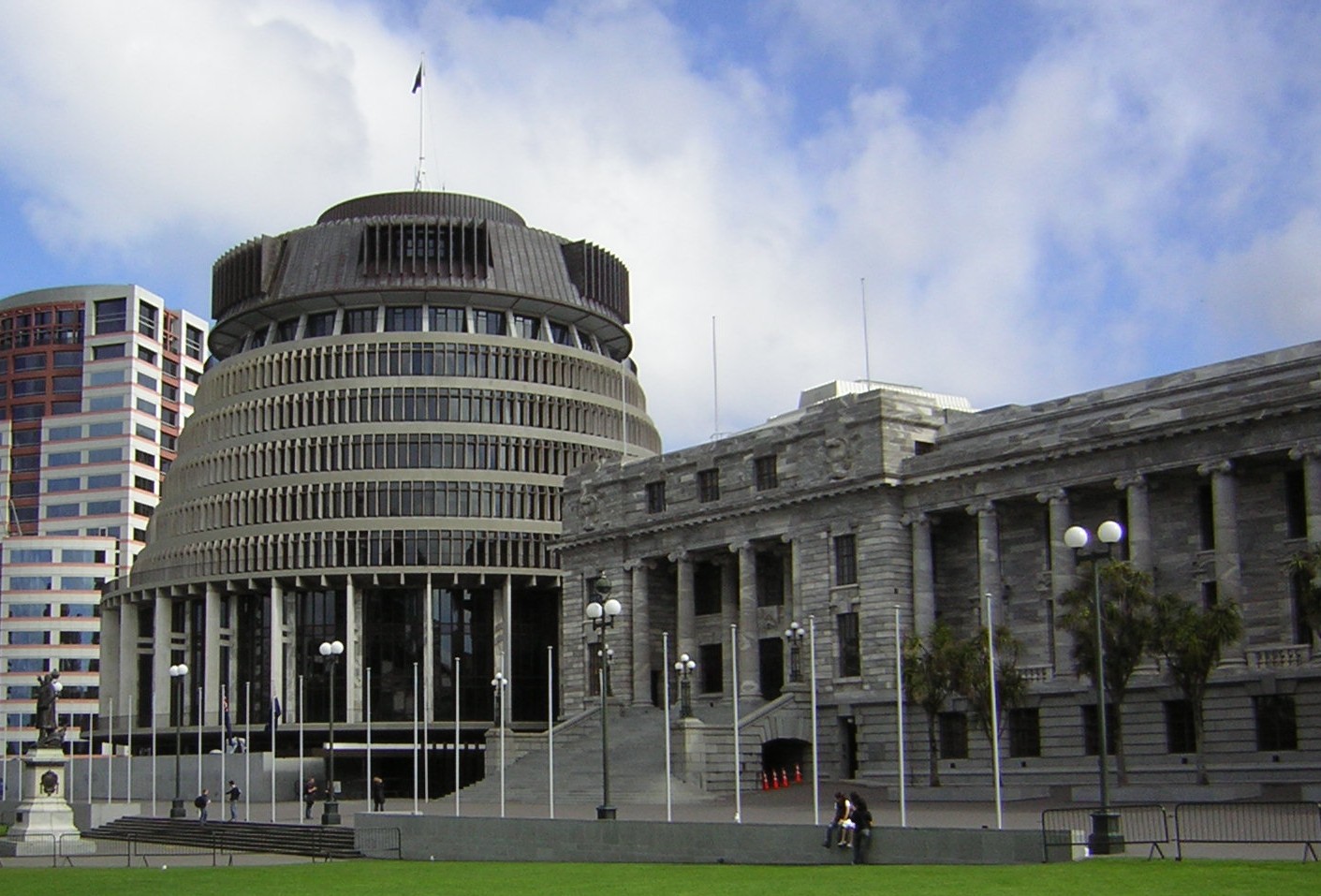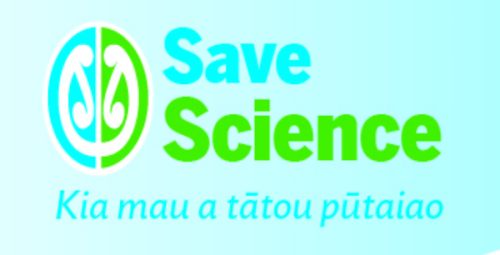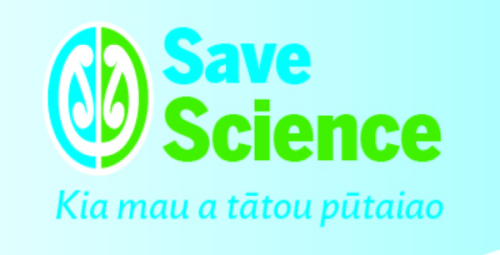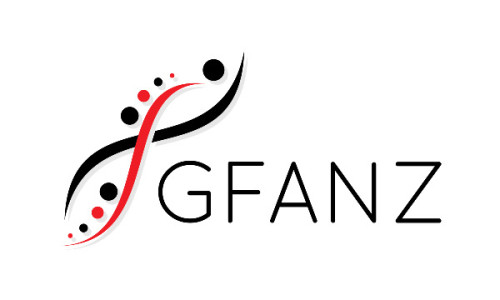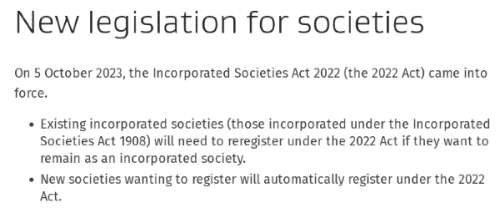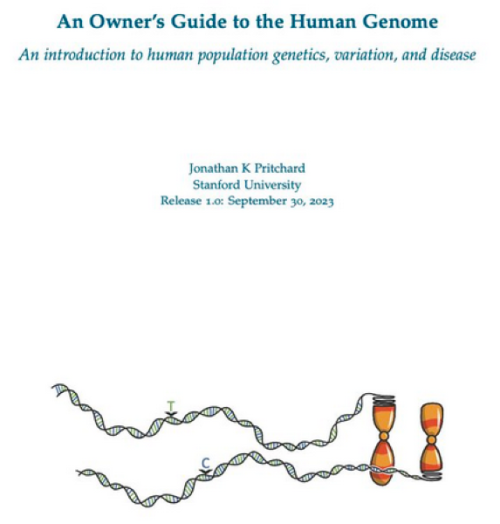Where society and genomics science meet!
Genomics for Aotearoa New Zealand is a charitable incorporated society focused on the benefits of genomics for everyone. Genomics is the study of all or most of the DNA of living things. This kind of science has broad reach including: human health, ecology, agriculture, horticulture, climate change monitoring, and more.
Our purposes:
- To promote, research, develop, and apply genomics for the benefit of all society;
- To promote and support Te Ao Māori and Te Tiriti o Waitangi as innate to New Zealand genomics;
- To promote and support collaboration on genomics within New Zealand and internationally, cognisant of the 61/295 United Nations Declaration on the Rights of Indigenous Peoples;
- To promote and support education and public engagement in the field of genomics;
- To promote and support collaboration between genomics and a variety of disciplines;
- To provide guidance to stakeholders in regards to genomics.
Our History:
The ideas behind GFANZ were put together in a concept business plan for MBIE's call for an Advanced Genomics Research Platform in 2016. The team expected MBIE to go with the big incumbents, so their aim was different. It was to put forth a modern, nimble, Aotearoa specific proposal with ideas that anyone could then use. With that in mind the team published it under a CC-BY license at their first web site. You can see that archived work here: https://web.archive.org/web/20170412194855/http://genomics.nz/publications/1/1
GFANZ founders recognised that many of the ideas in that concept business plan could be made real without funding. They then took the steps necessary to start the incorporated society as described in the document they wrote for MBIE. The society launched in late 2017 and became a charitable organisation in 2020.
GFANZ has been about addressing big challenges from the beginning. We often find that the things that really need doing have been put in the too hard basket. Things like suitable career pathways for early career researchers and opportunities for equitable participation in the review and renewal of the national research, science, and innovation system. The council's decision to put our name and effort into this community is one way we are working to affect positive, impactful change in Aotearoa.
We collaborate with other like minded organisations, such as the Indigenous Genomics Institute and the New Zealand Association of Scientists, knowing that we can do more together, and learn so much from one another.
To find our more about GFANZ or to become a member, visit our website at https://genomics.nz.
We made a submission to the Health Select Committee on the Gene Technology Bill 2024. In brief, our analysis suggests some key flaws with the bill. We recommend that they start over with using at te Tiriti lead inclusive process to address those flaws. More in the link below.
Genomics for Aotearoa New Zealand is a member of the Save Science Coalition, which is a group of 23 unions and scientific societies who have a collective interest in a well-funded and well-functioning research and science system for New Zealand. The number of member organisations continues to grow, and you can see the latest list at the end of this post. You can also find more information about the Save Science Coalition’s goals here.
One of the Save Science Coalition’s goals is to highlight and catalogue what is being lost through the current cuts. In line with this aim, a report has been published today, Monday 8 July, which details the extent and impact of the current cuts in the science sector, including reductions in funding and job losses. You can see a copy here. This report is being provided to the media, and will be available to the general public, in the hope of raising the profile of the issues occurring in the science sector at the present time.
There is an event this evening at 6pm in Wellington where a panel formed from Save Science Coalition members will be discussing the report, and the impact of these cuts on Aotearoa New Zealand’s future. The panel discussion will be recorded and posted on the Save Science Coalition’s facebook page, so anyone can view it. We are also going to try and livestream it via the PSA's facebook page.
The panelists are:
- Richard Wagstaff - President of the Council of Trade Unions
- Dr. Ben Wylie-van Eerd - Physicist, PSA Delegate, and Member of PSA’s National Science Committee
- Dr. Georgia Carson - Post-doctoral Research Fellow, Māori Engagement Advisor, and member of the Genomics for Aotearoa NZ council
Representatives from the Save Science Coalition’s member organisations have helped collate information for the report. We believe the report is the most comprehensive review of the cuts in the science sector that has been produced to date, and we hope that its publication helps generate public discussion about the value of science in New Zealand.
YOU CAN HELP!
We encourage you to share the report with people you know, talk about it with your friends and family, and help ensure it reaches as many people as possible.
If you have ideas about what future activities the Save Science Coalition could undertake to help progress its goals, you can raise these with GFANZ Council or the Save Science Coalition contact points included below.
Please also like and share the Save Science Coalition facebook page. You can also look at the coalition website for more information.
Current Save Science Coalition members:
- New Zealand Association of Scientists
- Public Service Association Te Pūkenga Here Tikanga Mahi
- Te Hautū Kahurangi | Tertiary Education Union
- Academic Freedom Aotearoa
- NZ Society of Endocrinology
- NZ Ecological Society
- NZCTU | Te Kauae Kaimahi
- Physiological Society of New Zealand
- New Zealand Institute of Forestry
- Geoscience Society of New Zealand
- Aviation and Marine Engineers Society
- NZEI Te Riu Roa
- New Zealand Institute of Chemistry
- The New Zealand Freshwater Science Society – Ngā Kohinga Wai o Aotearoa
- Te Manatōpū Mātai Koiora Moroiti | The New Zealand Microbiological Society
- Genomics for Aotearoa New Zealand
- The Entomological Society of New Zealand
- Sociological Association of Aotearoa New Zealand
- France Aotearoa Science Technology and !nnovation (FAST!)
- New Zealand Society of Plant Biologists
- Association for Women in the Sciences
- New Zealand Marine Sciences Society
- New Zealand Plant Protection Society
Save Science Coalition contact points:
Claire Nicskon - PSA National Science Organister (claire.nickson@psa.org.nz)
Lucy Stewart and Troy Baisden - Co-Presidents NZ Association of Scientists (president@scientists.org.nz)
Please keep an eye out for further updates.
Ngā mihi,
Rob Elshire
GFANZ President
To support the work GFANZ does (including this site) please become a member. Annual memberships start at $10.
Event Plan
A panel made up of scientists from Crown Research Institutes, Universities, and elsewhere in the public science system will respond to questions about the current state of the public science system and recent cuts. Following the panel discussion, there will be drinks and nibbles, and an opportunity for networking
Venue
Victoria University Government Buildings (LT1 & Foyer) Pipitea Campus, 33 Bunny Street, Wellington
Facebook Event Page
The safety and control of human genetic / genomic data is critically important. The for profit corporate model has some issues as this article discusses. GFANZ is preparing to look at the current state of law around this kind of data in Aotearoa. This way we can help inform people as they choose whether or not / how / with whom to trust their data.
Running a not-for-profit or charitable society? Wondering were to find official guidance regarding income and taxes? Below is the go to site by the IRD for these things.
Genomics for Aotearoa New Zealand (GFANZ) is the parent organisation of Te Ara Paerangi Community.
We had our AGM last night. It all went smoothly. How could it not with this great group of people! In addition to the usual required agenda items, we voted to accept the updated constitution. This is brings us up to date with the Incorporated Societies act of 2022 and adds one more object:
To promote and support collaboration between genomics and a variety of disciplines;
We are well aware of how broadly genomics touches peoples lives and the world around us. As a research discipline, genomics can inform what we can do. But can and should are different things. The should needs to be determined by societal discussions deeply informed by other disciplines and epistemologies. While GFANZ has always been a collaborative organisation, we wanted to make that explicit in our core objectives.
Now we have.
Along with updating our constitution, we have just launched a new membership management system and web site. It is now super easy to join with a range of affordable subscription options.
If you appreciate what we do here, please join now.
Better technology is making it easier and cheaper to access biodiversity genomic data. Managing this data properly is important, but there's still confusion about the best way to do it. The authors offer guidance on how to handle this data well.
The Societies Act of 1908 has been updated to the Societies Act of 2022. We have been going through the process of updating our constitution and operating processes to comply with the new act. We collected the list of resources below as we did that work. Your society might find them helpful as you update your society to comply with the new act.
- Charities Act Hub
- Key Changes to Societies Act
- Members’ consent (consent given to become a member)
- Dispute resolution procedures - These are a new requirement that must be written into the society’s constitution.
- Requirements for financial reporting
- Society Constitution
- Incorporated Societies Act 2022: Information Hub
Those who have already made the transition to using AI are reaping the benefits of vastly accelerated workflows and targeted decision-making in data analysis. But for bioinformaticians who remain on the fence, there are challenges to consider when taking the leap.
Using AI in bioinformatics is on the agenda for a Palmy Bioinfo meeting next year. Lots to discuss, from the practical 'How do you do this' to the ethics of code scraping against software licenses. Quite interesting the Nature is suggesting that people get on the bandwagon or experience FOMO.
Jonathan Pritchard of Stanford University has released the first half (still writing the second) of his textbook on human genomics. It is licensed under CC-BY-4.0 Creative Commons License.
Quote from his site:
In this book I describe the forces that govern genetic variation including mutation, drift, recombination and selection, as well as what genetics teaches us about human history, and the role of genetic variation in human phenotypes and diseases. When complete, the book will combine the three pillars of human population genetics - population genetics, population history, and trait genetics - under a single umbrella, with a focus on examples and applications in human genetics. Moreover, each section emphasizes the essential interplay between theory, statistical methods, and biological applications, with a focus on building intuition while avoiding heavy technical detail where possible.









